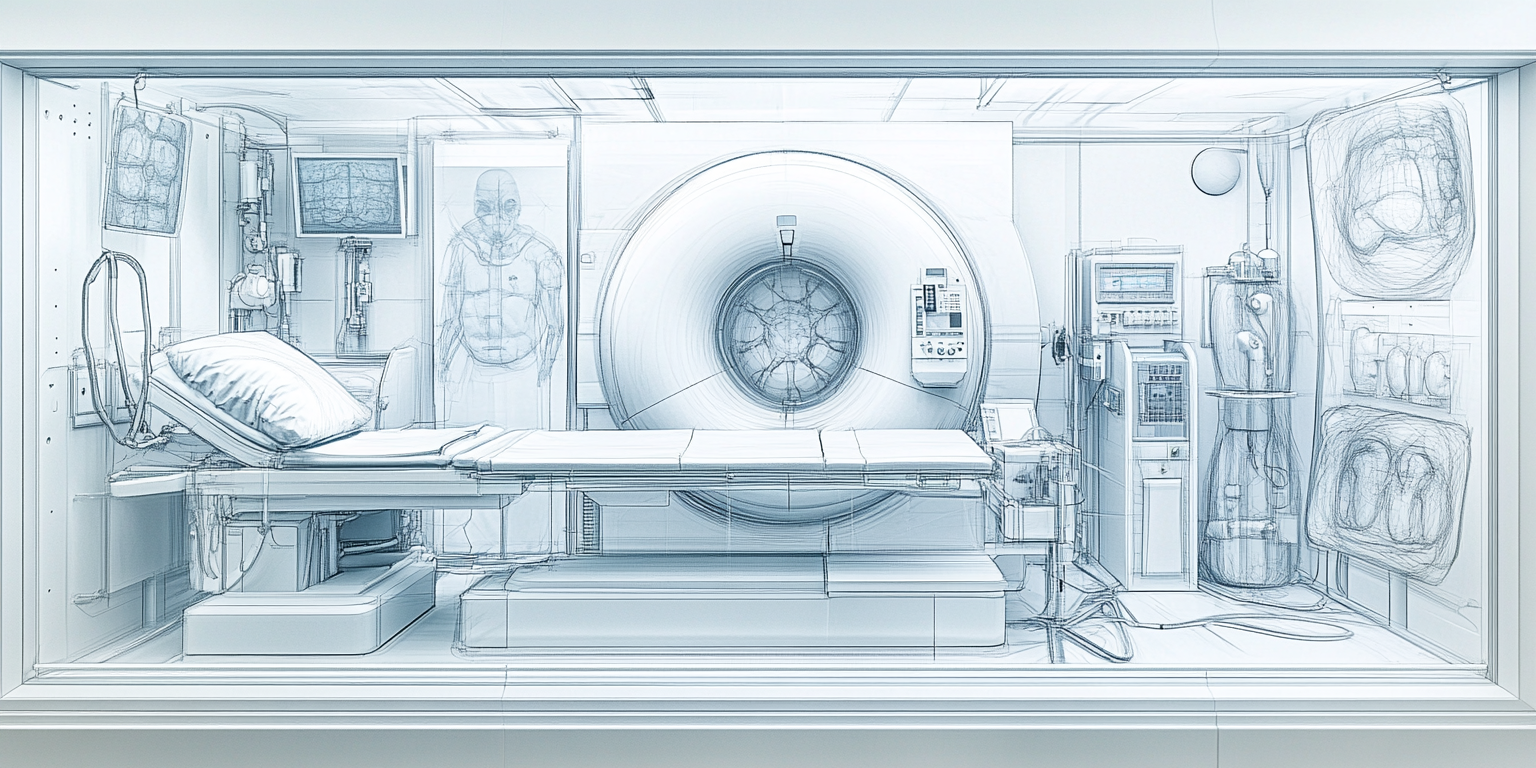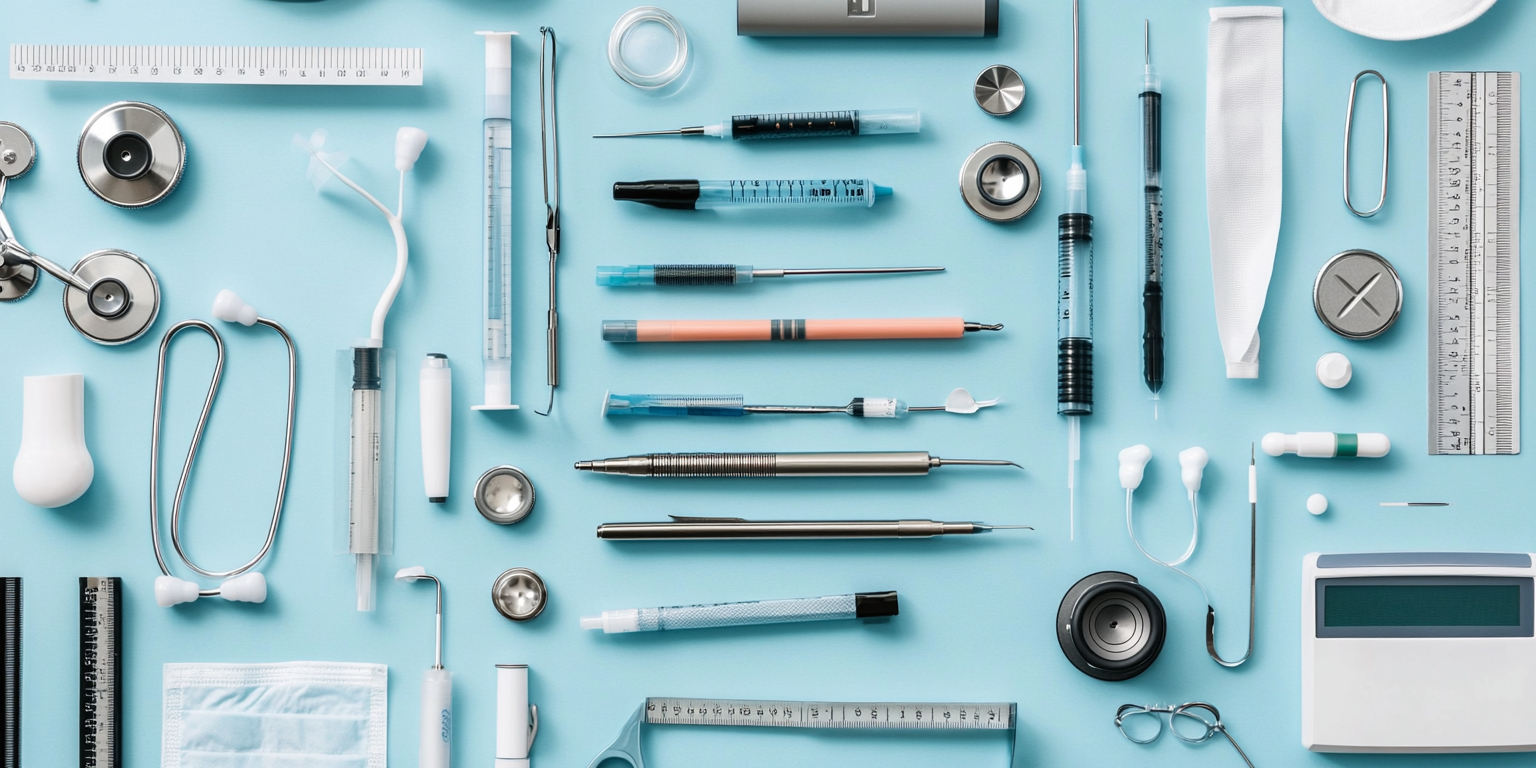Healthcare and biotechnology are undergoing a transformative revolution, driven by groundbreaking innovations that are reshaping how diseases are diagnosed, treated, and prevented. From gene editing to AI-driven diagnostics, these advancements are pushing the boundaries of medical science and improving lives worldwide.
Key Innovations in Healthcare
1. AI and Machine Learning in Diagnostics
Artificial intelligence (AI) is revolutionizing the way diseases are detected and diagnosed. Machine learning algorithms analyze vast amounts of medical data, such as imaging scans and patient records, to identify conditions with unprecedented accuracy. Tools like AI-powered mammography are reducing false positives, ensuring earlier detection of diseases like cancer.
2. Telemedicine and Remote Care
The rise of telemedicine has made healthcare more accessible, especially for those in remote or underserved areas. Virtual consultations and wearable devices enable patients to monitor their health and connect with doctors without needing to visit a clinic. This trend surged during the COVID-19 pandemic and is now a mainstay of modern healthcare.
3. Personalized Medicine
Advancements in genomics have ushered in the era of personalized medicine, where treatments are tailored to an individual’s genetic makeup. Precision medicine allows doctors to predict how a patient will respond to specific therapies, optimizing effectiveness and minimizing side effects.
4. Robotics in Surgery
Robotic-assisted surgeries provide unparalleled precision and control. Systems like the da Vinci Surgical Robot allow surgeons to perform minimally invasive procedures with greater accuracy, reducing recovery times and improving outcomes for patients.
5. Bioprinting and Regenerative Medicine
Bioprinting uses 3D printing technology to create tissues and even organs. This innovation holds promise for organ transplantation, potentially reducing waiting lists and saving countless lives. Regenerative medicine is also making strides in using stem cells to repair damaged tissues.

Breakthroughs in Biotechnology
1. Gene Editing with CRISPR
CRISPR-Cas9 technology has revolutionized genetic engineering, allowing scientists to edit DNA with precision. This breakthrough offers potential cures for genetic disorders like sickle cell anemia and muscular dystrophy. Ethical considerations, however, remain a significant topic of discussion.
2. mRNA Vaccines
The success of mRNA vaccines during the COVID-19 pandemic demonstrated the power of this biotechnology. This platform is now being adapted to combat other diseases, such as influenza, HIV, and certain cancers, offering hope for more effective vaccines in the future.
3. Bioinformatics and Big Data
The integration of bioinformatics and big data analytics is accelerating drug discovery and development. By analyzing complex biological data, researchers can identify potential drug targets faster and more efficiently, cutting years off traditional timelines.
4. Synthetic Biology
Synthetic biology involves designing and constructing new biological parts and systems. This field has applications ranging from creating biofuels to developing new therapies and sustainable materials.
5. Microbiome Research
Understanding the human microbiome—trillions of microorganisms living in and on our bodies—is unlocking new insights into health and disease. Research suggests that gut bacteria influence everything from digestion to mental health, paving the way for innovative treatments.
Challenges and Ethical Considerations
While these advancements offer immense potential, they also raise significant challenges:
- Affordability: Many cutting-edge treatments and technologies remain expensive, limiting access for those in low-income regions.
- Privacy: The use of big data in healthcare raises concerns about the security of sensitive patient information.
- Ethics: Gene editing and AI in healthcare bring complex ethical questions, such as the boundaries of human enhancement and the responsibility for AI-driven decisions.
Addressing these challenges requires collaboration between governments, medical institutions, and technology developers to ensure innovations benefit all.
The Future of Medicine
The convergence of healthcare and biotechnology is driving a future where diseases are not only treated but also prevented. With continued investment in research, collaboration, and education, the potential for improving global health is limitless. The journey to a healthier world is well underway, and these advancements are leading the way.
By embracing innovation responsibly, we are not just redefining healthcare—we are building a future where wellness is accessible to everyone.
